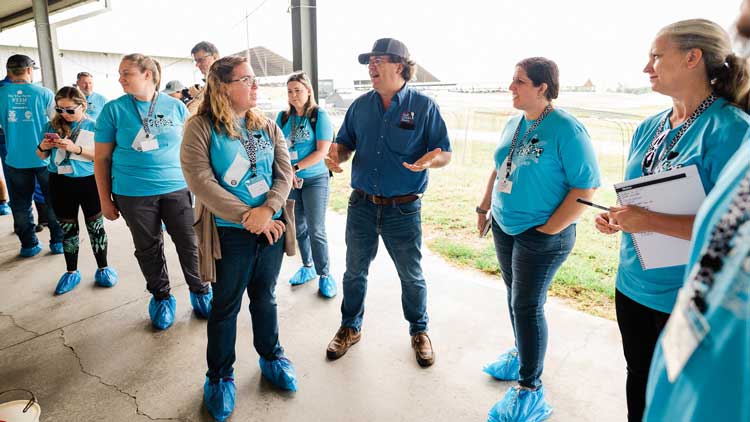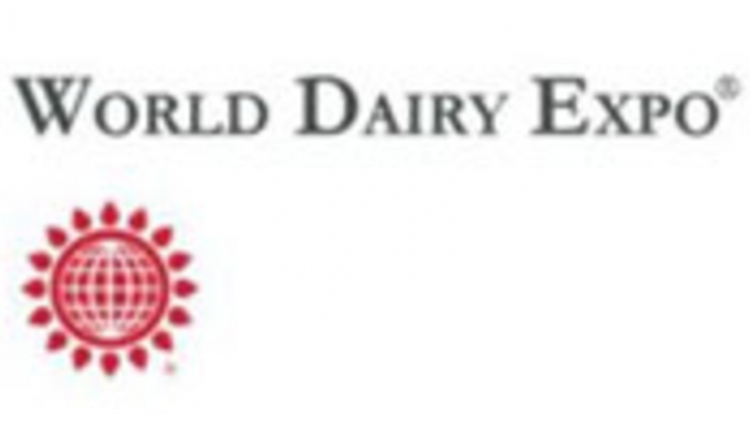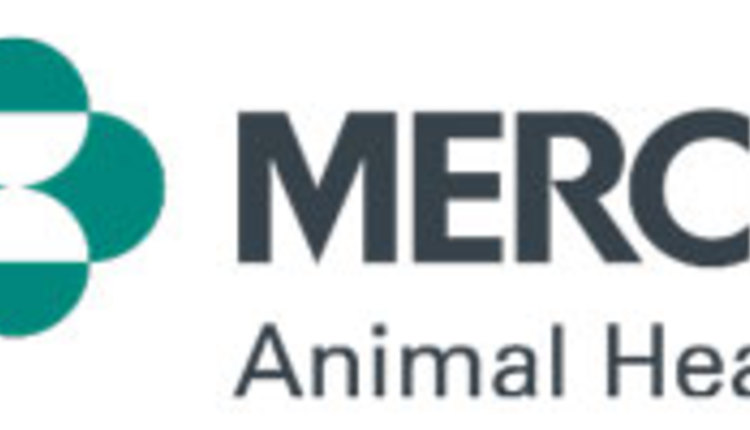
The dairy checkoff is bringing a new approach to building trust with young Americans by helping high school curriculum writers across the country incorporate accurate science behind dairy farming.
The “On The Farm STEM” (science, technology, engineering and math) experience is co-funded by National Dairy Council and Midwest Dairy, and it is bringing leading science educators and curriculum directors to dairy farms to discover ideas that can fit into high school curriculum. Ultimately, the program – created in partnership with the American Farm Bureau Foundation for Agriculture – will offer a science-based counterbalance to misunderstanding about how dairy is responsibly produced by farmers and its contributions to health and wellness.
The curriculum is expected to be implemented in several states by early 2024.
The on-farm immersion experiences began last year when Midwest Dairy arranged for educators from 15 states and Puerto Rico to visit dairy farms and other industry entities in Minnesota to see firsthand how farmers use many STEM-aligned aspects to care for the environment and their cows.
More recently, the Dairy Council of Florida hosted nearly 30 STEM thought leaders and curriculum directors from across the state to three dairy farms. Similar dairy visits are being arranged by the Oregon Dairy and Nutrition Council, Dairy Farmers of Washington and United Dairy Industry of Michigan for this summer.
Greg Watts of Full Circle Dairy in Florida was among the farmers who hosted a visit and said STEM curriculum featuring dairy is critical for teachers and students who are generations removed from farming.
“The connection back to ag and dairy is so important in today’s world where there is so much misinformation out there,” Watts said. “It’s nice for us to offer our perspective to show what we’re dealing with on a day-to-day basis to care for the environment and our cows. We’re sharing it with somebody who may teach this to students and that gives us hope and encouragement for the future generation. To me, this is mission critical.”
On The Farm STEM has its beginnings in the beef checkoff after ranchers sought a positive and proactive measure to anti-animal agriculture groups sending information to schools. Daniel Meloy, executive director of American Farm Bureau Foundation for Agriculture, said the beef program has been successful and led to a similar collaboration with the dairy checkoff.
“It has been a terrific opportunity and already has had a significant impact,” Meloy said. “The best part is when I hear from teachers who say they have students who are suddenly seeing ag careers in a different light. They may have had an image of overalls and digging in the dirt, but the students are now applying to colleges to pursue an agricultural career. The kids are getting excited about agriculture because the program makes it relevant. Everyone eats, so it makes it very real for them.”
National Dairy Council’s Lindsay Datlow, who serves as senior vice president of nutrition affairs, said 29 million more young people will enter U.S. high schools this decade. Nearly every student is required to take a life science (i.e., biology) course, with 45,000 high school teachers directing the classroom curriculum.
Datlow said the STEM partnership can help educate the next generation on the science-based evidence supporting dairy’s contributions to sustainable foods systems and health, instilling confidence and trust in dairy.
“With education and action, today’s youth will be empowered to understand how dairy foods fit into an overall healthy and sustainable food system, providing important nutrition for people, while minimizing impact on the environment,” Datlow said. “This program will give students the science to evaluate misinformation.”
Some dairy-focused classroom materials already are being used in school pilot programs. National Dairy Council and Midwest Dairy are creating an implementation handbook that other state and regional checkoff organizations can customize based on the characteristics of their local needs.
The checkoff is building relationships with key education organizations such as the National Science Teaching Association and respected curriculum reviewers to bring awareness to the STEM content.
Heather Ihde, an educator from Nashville, Tennessee, was among the teachers who participated in the dairy farm tours in Minnesota. She saw much potential for dairy-focused curriculum following her farm visit.
“The sustainability message that runs through all the experiences is going to be incredible for all classrooms,” Ihde said. “I had never been on a farm before, and it was really eye-opening to see the technology and the relevance to my students’ lives. I want to find local farms and see how we can replicate experiences like this for our teachers and our students and help them bring more ag science into the classroom.”
To learn more about the dairy checkoff, visit www.usdairy.com.


